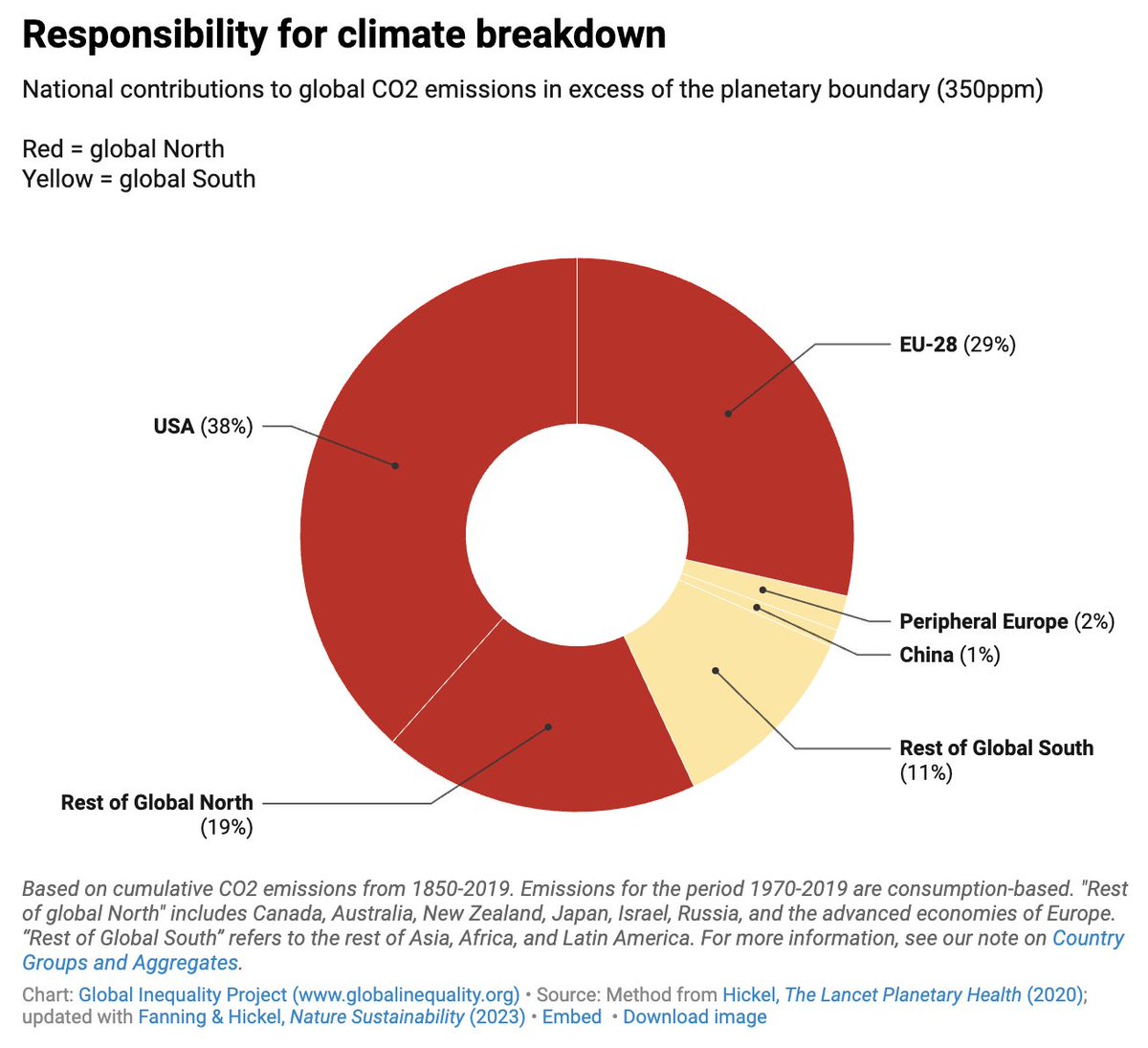For most of the 20th century, a large majority of Americans embraced public goods. How did this change? Randolph Hohle argues that many white people turned against public goods and sought to undermine them after desegregation, unwilling to share with people of colour.
Neoliberalism in the US rose as an alliance of an elite business class and local segregationists that sought to preserve white privilege in the civil rights era. I can't help but think something similar was going on in the UK during the 2019 election.
Corbyn's policies on public goods were resoundingly popular in and of themselves, but when paired with a man who was resolutely race-inclusive, who wanted public goods *for all*, a significant faction of people found this impossible to accept.
• • •
Missing some Tweet in this thread? You can try to
force a refresh









